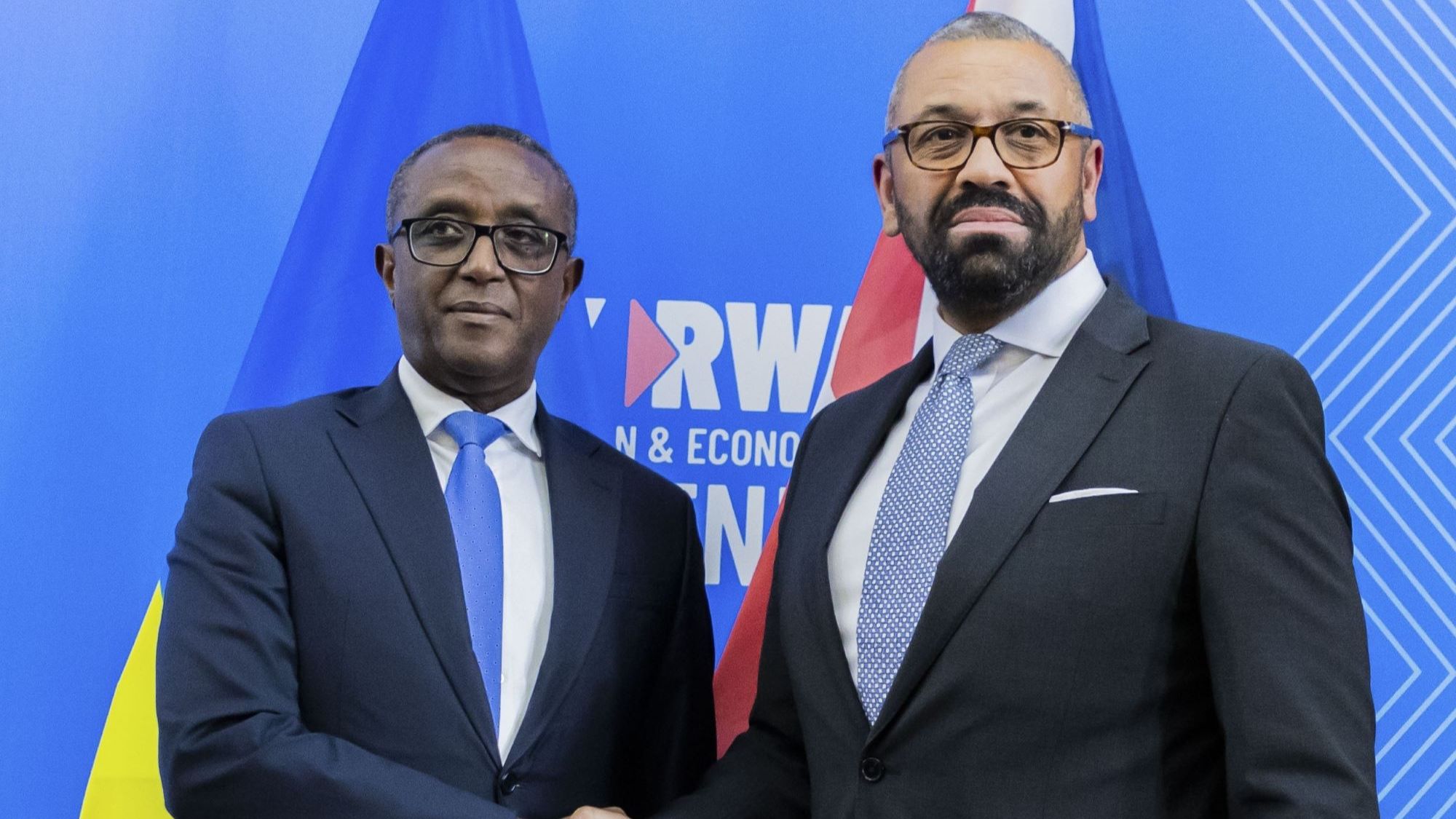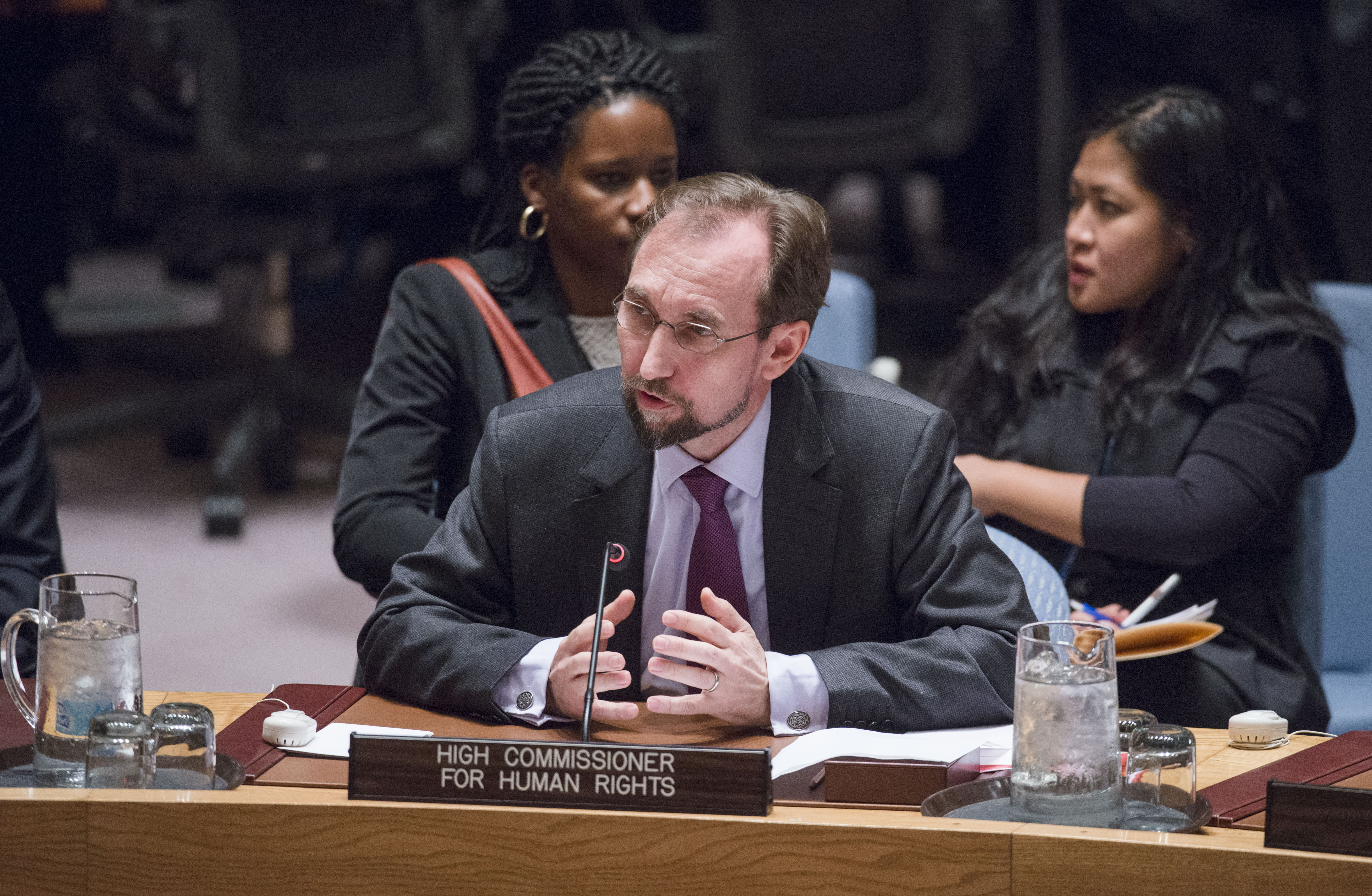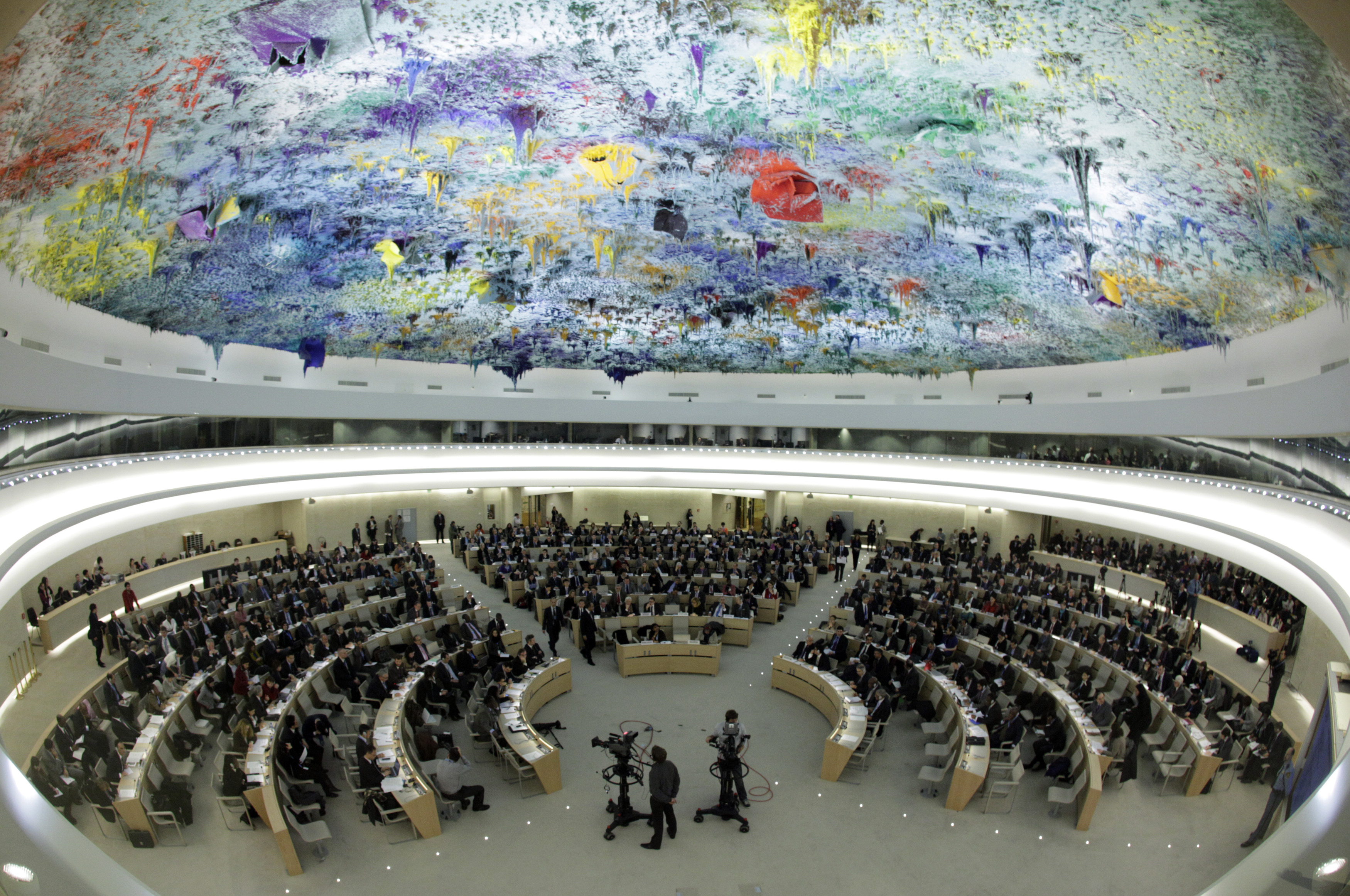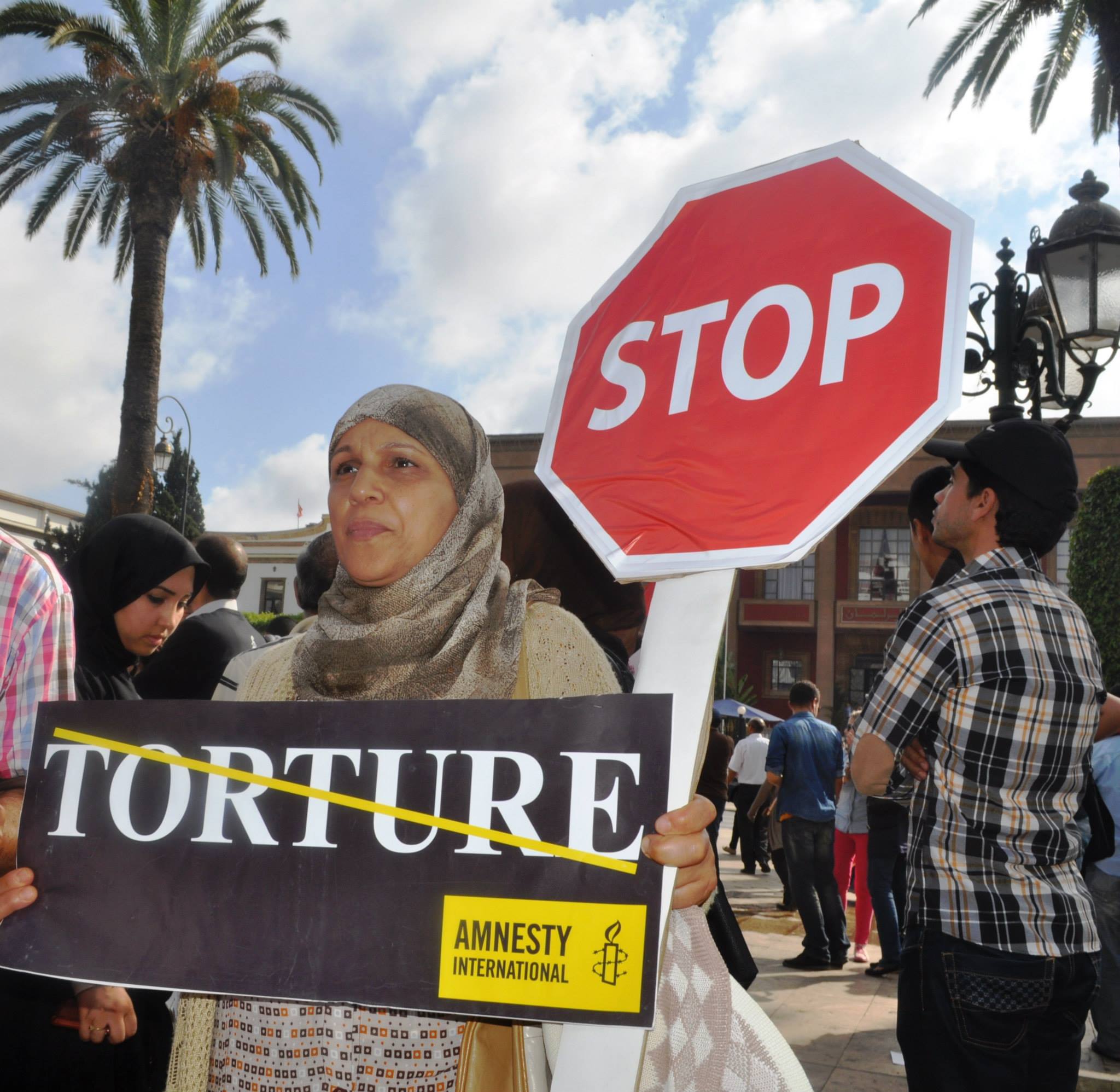Cuba's Response To International Criticism Of Its Human Rights Record: A Defense Of Sovereignty
In the face of persistent international criticism of its human rights record, Cuba has consistently defended its sovereignty and autonomy.

'Many Rwandans disapprove of the deal – the country's human rights - Source theweek.com
Editor's Notes: "Cuba's Response To International Criticism Of Its Human Rights Record: A Defense Of Sovereignty" have published today date. This topic is an important topic to read to drive awareness, engagement, and action on this important issue.
We analyze, dig information, made Cuba's Response To International Criticism Of Its Human Rights Record: A Defense Of Sovereignty, and put together this guide to help target audience make the right decision.
Key differences or Key takeways:
| Cuba's position | International criticism | |
|---|---|---|
| Sovereignty | Cuba maintains that it has the right to determine its own path, free from external interference. | Critics argue that Cuba's sovereignty should not be used to justify human rights violations. |
| Human rights | Cuba argues that it has made significant progress in improving human rights, particularly in areas such as healthcare and education. | Critics argue that Cuba's human rights record remains poor, with restrictions on freedom of speech, assembly, and political participation. |
| International engagement | Cuba has been willing to engage with the international community on human rights issues, but it has also rejected any attempts to impose external solutions. | Critics argue that Cuba should be more open to international scrutiny and cooperation on human rights. |
Transition to main article topics:
FAQ
This page offers a compilation of frequently asked questions and their corresponding answers regarding Cuba's perspective on international criticism of its human rights record. These responses aim to clarify misunderstandings, address concerns, and defend the nation's sovereignty in matters related to human rights.

Increased Oppression of Chinese Human Rights Defenders Draws - Source ijrcenter.org
Question 1: Why does Cuba reject international criticism of its human rights record?
Cuba does not dismiss valid criticism but strongly opposes politicized and biased attacks that seek to undermine the country's sovereignty. These criticisms often originate from nations with questionable human rights records themselves.
Question 2: What are the core principles of Cuba's approach to human rights?
Cuba prioritizes the collective over individual rights while ensuring the equitable distribution of resources and opportunities for all citizens. The government emphasizes social justice, healthcare, education, and cultural development as foundational pillars of human well-being.
Question 3: How does Cuba ensure access to fundamental rights and freedoms?
Cuba has established a robust legal framework that guarantees fundamental rights and freedoms, including freedom of expression, assembly, and religion. These rights are enshrined in the Constitution, and the government actively promotes their exercise.
Question 4: What mechanisms are in place for addressing human rights concerns?
Cuba employs a participatory approach, involving civil society organizations, community groups, and government institutions in addressing human rights concerns. The National Commission for Human Rights, an independent body, monitors and investigates alleged violations.
Question 5: How does Cuba respond to specific criticisms regarding political prisoners?
Cuba maintains that it does not hold political prisoners and that all individuals incarcerated are convicted of violating criminal laws. The government invites independent observers to verify the treatment of prisoners.
Question 6: What is Cuba's position on international human rights conventions?
Cuba is a signatory to several international human rights conventions and actively participates in global dialogues on these issues. However, the government emphasizes the need for respecting national sovereignty and cultural diversity while implementing these conventions.
In conclusion, Cuba's response to international criticism of its human rights record is rooted in its commitment to sovereignty and the belief that human rights are best protected through a collective and equitable approach that prioritizes social justice and the well-being of all citizens.
For further information, please refer to the following article: "Cuba's Defense of Its Human Rights Record Amidst International Criticism."
Tips:
When responding to international criticism of a human rights record, consider the following tips:
Frame the response within the context of national sovereignty. Emphasize the state's right to determine its own policies and laws without external interference. Cuba's Response To International Criticism Of Its Human Rights Record: A Defense Of Sovereignty

UN Should Keep Engaging Iran on Its Human Rights Record by Renewing - Source iranhumanrights.org
Highlight positive aspects of the human rights record. Showcase progress made in areas such as education, healthcare, and social welfare. Provide concrete examples and data to support these claims.
Acknowledge challenges and ongoing efforts. Recognize that no country has a perfect human rights record and that there is always room for improvement. Outline steps being taken to address these challenges and improve the situation.
Emphasize the role of national institutions. Highlight the independence and impartiality of domestic courts, human rights commissions, and other institutions responsible for protecting human rights. Provide examples of their work and their commitment to upholding the rule of law.
Engage with international organizations selectively. Participate in constructive dialogue with international bodies while maintaining the position that national sovereignty takes precedence. Collaborate on specific issues where there is common ground but resist pressure to compromise core principles.
Summary:
By following these tips, states can effectively respond to international criticism of their human rights records while upholding their sovereignty and promoting a constructive dialogue based on mutual respect.
Cuba's Response To International Criticism Of Its Human Rights Record: A Defense Of Sovereignty
Cuba's response to criticism of its treatment of civil and political rights is a complex one, and it is important to consider the various aspects of the issue in order to understand it. This includes examining Cuba's understanding of sovereignty, its history of foreign intervention, and its current relationship with the international community.
- Sovereignty: Cuba maintains its right to govern itself without external interference.
- Foreign Intervention: Cuba has a history of foreign intervention, which has shaped its stance on sovereignty.
- International Community: Cuba's relationship with the international community is complex, and it has been criticized for its human rights record.
- Human Rights: Cuba has been criticized for its human rights record, including restrictions on freedom of speech, press, and assembly.
- Economic Blockade: The United States has maintained an economic blockade on Cuba since 1961, which Cuba sees as an infringement on its sovereignty.
- International Law: Cuba argues that its treatment of its citizens is in accordance with international law.
By considering these aspects, it is possible to gain a more nuanced understanding of Cuba's response to criticism of its human rights record, and of the complex factors that have shaped it.

Morocco Continues to Muzzle Criticism of its Human Rights Record: Kicks - Source blog.amnestyusa.org
Cuba's Response To International Criticism Of Its Human Rights Record: A Defense Of Sovereignty
Cuba has consistently rejected international criticism of its human rights record, arguing that such criticism is politically motivated and constitutes an infringement on its sovereignty. The Cuban government maintains that it is committed to protecting the human rights of its citizens and that it has made significant progress in this area in recent years. However, critics argue that Cuba's human rights record remains poor, and that the government continues to suppress dissent and restrict freedom of expression.

Australia becomes first World Cup team to criticise Qatar's human - Source news.sky.com
One of the most common criticisms of Cuba's human rights record is that the government restricts freedom of expression. The government controls all media outlets in Cuba, and independent journalists are often harassed and intimidated. Critics argue that this lack of freedom of expression prevents Cubans from expressing their views and holding the government accountable.
Another major criticism of Cuba's human rights record is that the government suppresses dissent. Critics point to the fact that there are over 100 political prisoners in Cuba, and that many others have been harassed and intimidated for expressing their opposition to the government. The government argues that these individuals are not political prisoners, but rather criminals who have been convicted of crimes against the state. However, critics argue that the charges against these individuals are often politically motivated.
Cuba's human rights record is a complex issue with no easy answers. The Cuban government maintains that it is committed to protecting the human rights of its citizens, while critics argue that the government continues to suppress dissent and restrict freedom of expression. It is important to consider all sides of this issue before forming an opinion.
Conclusion
Cuba's response to international criticism of its human rights record is a complex issue with no easy answers. The Cuban government maintains that it is committed to protecting the human rights of its citizens, while critics argue that the government continues to suppress dissent and restrict freedom of expression. It is important to consider all sides of this issue before forming an opinion.
Ultimately, it is up to the Cuban people to decide what kind of government they want. If they believe that their human rights are being violated, then they have the right to speak out and demand change.
Mohamed Bakhash: Emirati Business Tycoon And Philanthropist, Unleash Your Learning Journey: A Comprehensive Guide To The Academic Year, Unveiling Bentley's Pinnacle Of Luxury And Performance: The Extraordinary Bentayga, The Ultimate Educational Gateway: Empowering Learners With Limitless Knowledge, Mahulena Bočanová: A Captivating Czech Actress And Model, RTL Live: Watch German Television Online, M Flash Results: Uncovering Insights And Driving Success In Digital Marketing, Ring In The Year Of The [Animal] With The Lunar New Year Festival, Witness The Drama Unfold: Inside La Casa De Los Famosos, Chiefs Overpower Bills In Epic Divisional Showdown,